How to Find the Best Sauce Packing Machine
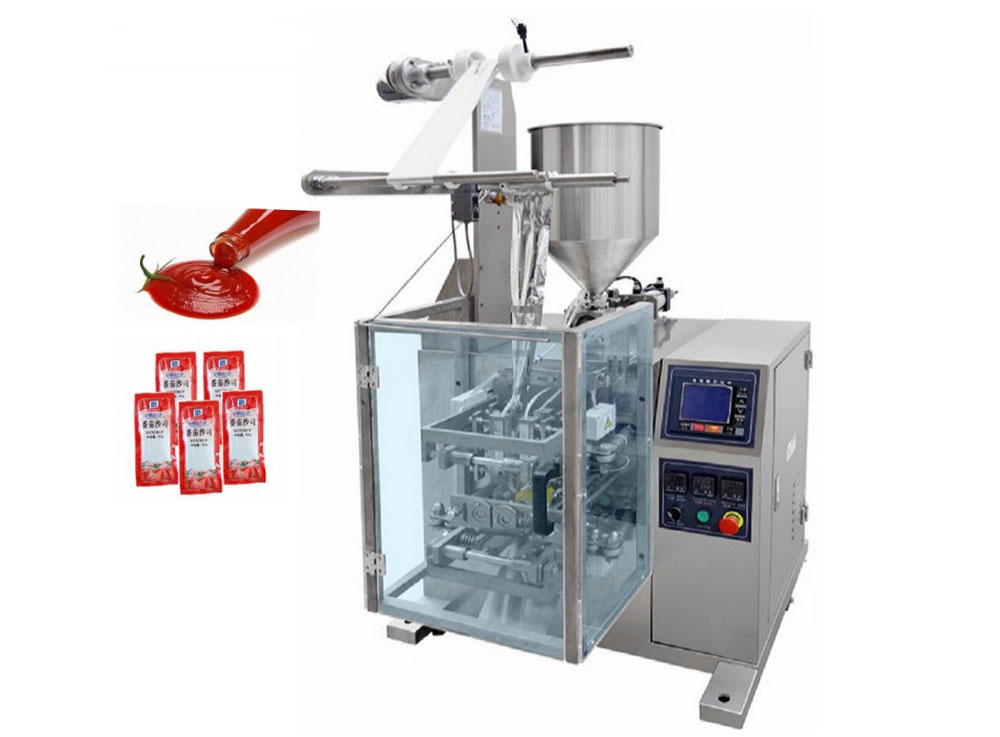
Introduction: Understanding Sauce Packing Machine Pricing
The packaging process is essential in the food industry, and when it comes to sauces, the right packing equipment can drastically affect efficiency and quality. However, finding the right sauce packing machine at the right price requires a keen understanding of various factors. This article will walk you through the complexities of sauce packing machine pricing, from the types available to the hidden costs that could impact your decision-making process.
What is a Sauce Packing Machine?
A sauce packing machine is an essential piece of equipment designed to efficiently package sauces into containers such as pouches, bottles, or jars. These machines ensure that sauces are sealed, preserved, and presented in a way that maintains both freshness and usability. Depending on the nature of the sauce (liquid, paste, or viscous), these machines come with different capabilities to handle varying consistencies. For manufacturers, a well-chosen sauce packing machine can streamline production, improve output efficiency, and minimize waste.
Why is Price an Important Consideration?
The price of a sauce packing machine is not just about the initial investment; it encapsulates a long-term commitment to efficiency and operational costs. Price considerations directly influence the selection of machinery, which impacts overall production costs, downtime, and profitability. Finding a balance between upfront cost and long-term value is crucial for maximizing returns and ensuring sustainable operations.
Overview of Factors Influencing Sauce Packing Machine Prices
Several key factors influence the price of sauce packing machines. These include the type of machine, automation level, capacity, material compatibility, and machine features. Each factor not only dictates the price but also determines how suitable a particular machine is for specific production needs. Understanding these variables is fundamental to making a well-informed decision that aligns with your production requirements and budget constraints.
Related Products:Tomato Sauce Packaging Machine
Types of Sauce Packing Machines and Their Impact on Price
Sauce packing machines come in various types, each suited to different production needs. The price of the machine is directly affected by its design, functionality, and the complexity of its operations.
Vertical Form Fill Seal Machines: An Affordable Option for Smaller Businesses
Vertical Form Fill Seal (VFFS) machines are a popular choice for smaller businesses or those with less demanding production volumes. These machines are often more affordable because they use a simpler method of filling sauces into pouches, making them a cost-effective solution for companies just starting to scale. VFFS machines are known for their efficiency and compact size, offering a high degree of flexibility in terms of packaging types and sizes.
Horizontal Flow Wrappers: Versatile, But Do They Cost More?
Horizontal Flow Wrappers are more versatile, handling a variety of packaging formats, including pouches, trays, and film wrappers. They tend to be more expensive than VFFS machines due to their broader capabilities and advanced design. These machines are ideal for high-output lines, but their increased versatility and complex design contribute to a higher price point.
Pouch Filling Machines: Cost Breakdown for Packaging Sauces in Pouches
Pouch filling machines are specifically designed for packaging liquid or semi-liquid sauces into pouches. These machines come in various configurations, from semi-automatic to fully automatic, and the price typically varies based on the level of automation and the machine’s capacity. For companies looking to invest in efficient, high-speed packaging, pouch filling machines are a popular choice, but they may come with a higher initial cost compared to other types.
Jar and Bottle Filling Machines: Why They May Cost More
Machines designed for filling jars and bottles with sauce tend to be more expensive due to their precision and the specialized nature of the containers. These machines need to handle a wide variety of bottle sizes, shapes, and materials, adding complexity to their design. The higher cost also reflects the additional features required to ensure the integrity of the product during packaging, including sealing, capping, and labeling systems.
Key Features That Affect Sauce Packing Machine Price
Several features directly influence the price of a sauce packing machine. These features impact the machine’s functionality, efficiency, and suitability for specific production needs.
Automation Level: Manual vs. Semi-Automatic vs. Fully Automatic
Automation is one of the most significant factors that determine the price of a packing machine. Manual machines are the most affordable but require more labor and can lead to inefficiencies. Semi-automatic machines are a step up, providing some automation while still requiring human intervention for certain tasks. Fully automatic machines, while significantly more expensive, offer the highest level of efficiency and require minimal manual oversight, making them ideal for large-scale production runs.
Capacity and Speed: How Output Requirements Influence Cost
The capacity and speed of a sauce packing machine are directly related to its price. Machines with higher output capabilities and faster packing speeds are generally more expensive. These machines are designed for large-scale operations where efficiency and speed are paramount, and the investment pays off in increased productivity. For smaller businesses, however, lower-capacity machines might be more appropriate, though at a reduced cost.
Material Compatibility: Why Your Sauce’s Viscosity Matters
The viscosity of the sauce being packaged plays a crucial role in determining the type of machine required. Thick sauces require specialized filling systems to prevent clogs and ensure accurate portioning. Machines that handle high-viscosity products typically come with higher price tags, as they need more advanced pumps and flow control systems to maintain consistency and precision.
Precision and Accuracy: How a High-Precision System Impacts Your Budget
Machines that offer high precision in portioning and filling tend to come with a premium price. For sauces that require exact measurement or strict adherence to certain packaging standards, investing in a more accurate and precise machine is essential. These machines often incorporate advanced sensors and automated systems that contribute to their higher cost.
Cost Breakdown of Sauce Packing Machines
Understanding the full cost of a sauce packing machine goes beyond the initial purchase price. Various ongoing expenses contribute to the overall investment, which must be factored into your decision.
Initial Purchase Cost: What You’re Paying For
The initial cost of the machine typically covers the base model, which includes the machine’s core components such as the conveyor system, filling mechanisms, and control panels. This cost can vary widely depending on the type of machine, its features, and the complexity of its design.
Operational Costs: Understanding Maintenance and Energy Consumption
Operating a sauce packing machine involves ongoing costs for maintenance and energy consumption. Machines that require frequent repairs or replacements of parts can result in higher operational expenses. Additionally, energy-intensive machines may increase electricity bills, especially when running at full capacity. These costs should be considered when evaluating the long-term affordability of the machine.
Packaging Material Costs: How Your Choice of Pouches, Bottles, or Jars Affects the Bottom Line
The choice of packaging materials can significantly impact the cost of operation. Pouches, bottles, and jars come in various materials, each with different costs associated with sourcing and storing. For example, glass bottles are more expensive than plastic ones, and custom-designed packaging materials may add to the overall expense.
Installation and Setup Costs: What’s Included in the Price?
When purchasing a sauce packing machine, it's important to account for installation and setup costs. These fees cover the labor and technical support required to get the machine up and running in your production line. Some suppliers may include installation in the initial price, while others may charge it as an additional fee.
Price Variations by Manufacturer and Brand
Different manufacturers offer varying levels of quality and pricing for sauce packing machines. Understanding how brand reputation and the machine’s quality affect the price is crucial when making a purchasing decision.
Top Manufacturers in the Sauce Packing Machine Market
There are several prominent manufacturers in the sauce packing machine market, each offering a range of machines with varying price points. Companies like Bosch, Krones, and Tetra Pak are well-known for their high-quality machines but tend to charge a premium due to their strong brand presence and reliability. Smaller manufacturers may offer competitive pricing but may lack the extensive support and innovation of top-tier brands.
Brand Reputation vs. Price: Are You Paying for Quality?
While it’s tempting to go with the cheapest option, sometimes paying more for a reputable brand can save money in the long run. Well-established brands often offer more reliable machinery with greater durability, fewer breakdowns, and better customer support. This can reduce maintenance costs and extend the machine’s lifespan.
Where to Find Competitive Pricing for Sauce Packing Machines
Competitive pricing for sauce packing machines can be found through multiple channels, including direct manufacturers, distributors, and online marketplaces. It’s important to compare quotes, ask for detailed specifications, and ensure that you’re getting value for the price.
Where to Buy Sauce Packing Machines: Online vs. Local Suppliers
The decision of where to buy your sauce packing machine can significantly influence the final price.
Online Suppliers: Pros and Cons of Buying Your Sauce Packing Machine Online
Buying from online suppliers offers convenience and often a wider selection of machines at competitive prices. However, buying online can sometimes involve shipping fees, the risk of receiving a product that doesn’t meet your specifications, and less direct support compared to local suppliers.
Local Suppliers: Can You Get a Better Deal by Buying Locally?
Local suppliers provide the benefit of personalized customer service, and you may be able to avoid shipping charges or have more flexibility with negotiations. However, their prices may not always be as competitive as online options, depending on your location and the supplier’s offerings.
The Role of Distributors in Setting Prices
Distributors play a crucial role in setting prices by acting as intermediaries between the manufacturer and the end buyer. Some distributors offer value-added services like installation and training, which can justify a higher price tag. It’s important to understand the full range of services included in the price when dealing with distributors.
How to Get the Best Value for Your Money
To ensure you get the best value for your money, it’s essential to evaluate not just the price but also the machine’s long-term performance and operational costs. There are various ways to save money without compromising on quality.
Assessing Your Business Needs: Customization vs. Standard Models
If your production requires specialized features, investing in a customized machine might be necessary. However, for businesses with more general packaging needs, a standard model may offer better value and come at a lower cost.
Long-Term Cost Considerations: Will You Need Upgrades?
Consider whether you’ll need to upgrade your machine as your production grows. Some models offer easy upgrades, while others may require entirely new machinery, which could increase your long-term investment.
Negotiating with Suppliers: Tips for Getting Discounts and Offers
Don’t hesitate to negotiate with suppliers to get better deals. Offering long-term contracts or purchasing multiple units can sometimes result in significant discounts, which can help lower the overall price.
Price Trends in the Sauce Packing Machine Industry
As with any industry, the price of sauce packing machines fluctuates over time due to various factors, including technological advancements and market conditions.
Current Market Trends: How Prices Have Evolved Over the Years
Over the years, prices for sauce packing machines have generally decreased as technology has advanced, making more efficient machines available at lower costs. However, the introduction of new automation technologies has led to higher prices for advanced systems.
Technology Advances and Their Impact on Sauce Packing Machine Prices
Technological advances such as automation, artificial intelligence, and improved precision have raised the price of newer sauce packing machines. However, these technologies offer better efficiency, accuracy, and reliability, making them worth the investment for many businesses.
What’s Next for Sauce Packing Machines? How Prices May Change in the Future
Looking ahead, prices for sauce packing machines may continue to fluctuate depending on future technological developments and economic conditions. However, machines that incorporate the latest technologies may see price increases due to their enhanced capabilities.
Hidden Costs to Watch Out For When Buying a Sauce Packing Machine
In addition to the base price, there are hidden costs that may affect your overall expenditure. These include shipping, maintenance, and additional services that could impact your bottom line.
Shipping and Delivery Charges: Factoring in Extra Fees
Shipping costs can be substantial, especially for large or complex machines. Always factor in these charges when determining the total cost of purchasing your sauce packing machine.
Maintenance and Spare Parts: Are These Included in the Price?
Some suppliers offer maintenance and spare parts as part of the purchase price, while others charge extra. Make sure to clarify these details before purchasing to avoid unexpected costs down the line.
Training Costs: Do You Need to Pay for Staff Training?
Some manufacturers provide free training with the purchase of their machines, while others may charge for it. This additional cost should be factored into your budget when considering the machine’s total price.
How to Determine if a Sauce Packing Machine is Worth the Price
To determine whether a sauce packing machine is worth the price, it’s essential to evaluate the return on investment (ROI) and other factors that contribute to the total cost of ownership.
Evaluating Return on Investment (ROI) for Sauce Packing Machines
ROI can be measured by examining the machine’s ability to reduce labor costs, increase production speed, and decrease waste. Calculating ROI can help businesses understand the long-term value of their investment.
What to Look for in Warranty and Support Packages
A strong warranty and reliable support services can add significant value to the overall machine purchase. Ensure the warranty covers crucial components and that customer support is available for troubleshooting and maintenance.
How to Assess the Total Cost of Ownership
The total cost of ownership encompasses all costs over the life of the machine, including purchase price, maintenance, energy consumption, and training. This comprehensive assessment will help you determine whether the machine’s price is justified in the context of your business’s needs.
Frequently Asked Questions (FAQs)
1. What is the average price of a sauce packing machine?
The price of a sauce packing machine can vary widely depending on factors such as the type of machine, automation level, capacity, and brand. On average, small-scale machines may cost between $5,000 and $20,000, while larger, fully automatic machines for high-volume production can range from $50,000 to over $200,000. It's essential to assess your production requirements to determine the most cost-effective solution for your business.
2. What factors influence the price of a sauce packing machine the most?
Several factors contribute to the price of a sauce packing machine, including automation level, capacity, material compatibility, and the complexity of the system. Machines that offer advanced automation, higher speeds, and the ability to handle various packaging types tend to cost more. Additionally, machines designed for thick or high-viscosity sauces usually require specialized systems, adding to the cost.
3. Is it better to buy a sauce packing machine online or from a local supplier?
Both options have their advantages. Buying online can offer more competitive pricing and a wider selection of machines. However, purchasing from local suppliers gives you the benefit of personalized customer service, local support, and possibly better shipping terms. It's important to compare prices and services from both channels before making a decision. Sometimes, local suppliers can also provide better warranty and maintenance support, which can be crucial for the longevity of your investment.
4. Are there hidden costs associated with buying a sauce packing machine?
Yes, there are several potential hidden costs to consider when purchasing a sauce packing machine. These may include shipping and delivery fees, installation and setup costs, training expenses for your staff, and ongoing maintenance or spare parts costs. It's important to clarify these costs with the supplier upfront to avoid any surprises later on.
5. How do I determine if a sauce packing machine is worth the investment?
To determine if a sauce packing machine is worth the investment, calculate the return on investment (ROI) by considering factors like labor savings, production speed, reduced waste, and improved efficiency. You should also consider the total cost of ownership, which includes purchase price, maintenance, energy consumption, and the lifespan of the machine. A machine that reduces production time and enhances product consistency can justify a higher initial cost by delivering long-term operational savings.
6. What type of sauce packing machine is best for small-scale businesses?
For small-scale businesses, a Vertical Form Fill Seal (VFFS) machine or a semi-automatic pouch filling machine is often the best choice. These machines are cost-effective, space-efficient, and can handle a variety of sauces, including those with different viscosities. They are ideal for businesses with moderate production volumes that still require flexibility and precision in packaging.
7. Do fully automatic sauce packing machines really provide better value?
Fully automatic sauce packing machines are typically more expensive, but they provide higher efficiency, greater precision, and lower labor costs. These machines are ideal for large-scale operations with high production volumes. While they come with a higher upfront cost, they can offer better long-term value by reducing operational costs, increasing throughput, and improving consistency in packaging.
8. How often should I maintain my sauce packing machine?
Regular maintenance is essential to keep your sauce packing machine running smoothly. Most manufacturers recommend routine checks and cleaning at least once a month, with more detailed maintenance (such as replacing parts or lubricating components) performed every 6 to 12 months, depending on the machine’s usage. Additionally, keeping track of any irregularities in performance will help you address potential issues before they lead to costly breakdowns.
9. Can I use a single sauce packing machine for different types of sauces?
Some sauce packing machines, particularly those with adjustable settings and multi-functional filling systems, can handle different types of sauces. However, for sauces with significantly varying viscosities (e.g., from thin liquids to thick pastes), specialized machines may be required. Before purchasing, make sure the machine can accommodate the range of products you plan to package.
10. How long does a sauce packing machine typically last?
The lifespan of a sauce packing machine depends on the quality of the machine, frequency of maintenance, and how well it is used. On average, well-maintained machines can last anywhere from 5 to 15 years. Machines that are subjected to constant high-speed production without proper care may have a shorter lifespan. Choosing a reputable brand with good warranty and support services can extend the machine’s operational life.
Conclusion: Making the Right Decision on Sauce Packing Machine Price
Choosing the right sauce packing machine is a balance between cost and functionality. By thoroughly evaluating the factors that influence price—such as machine type, features, and long-term operational costs—you can make a more informed decision.
Final Thoughts on Choosing the Right Machine Based on Price
Ultimately, the best machine for your business is the one that fits your specific needs while staying within your budget. Consider both upfront costs and ongoing expenses to ensure you’re making an investment that will deliver value over time.
Balancing Cost and Quality: Finding Your Ideal Sauce Packing Machine
While price is an important factor, quality should not be sacrificed. Finding a balance between cost and quality will ensure that you choose a machine that meets your production needs while providing long-term reliability and efficiency.
Must-Read Blogs For Chain Restaurants Owner

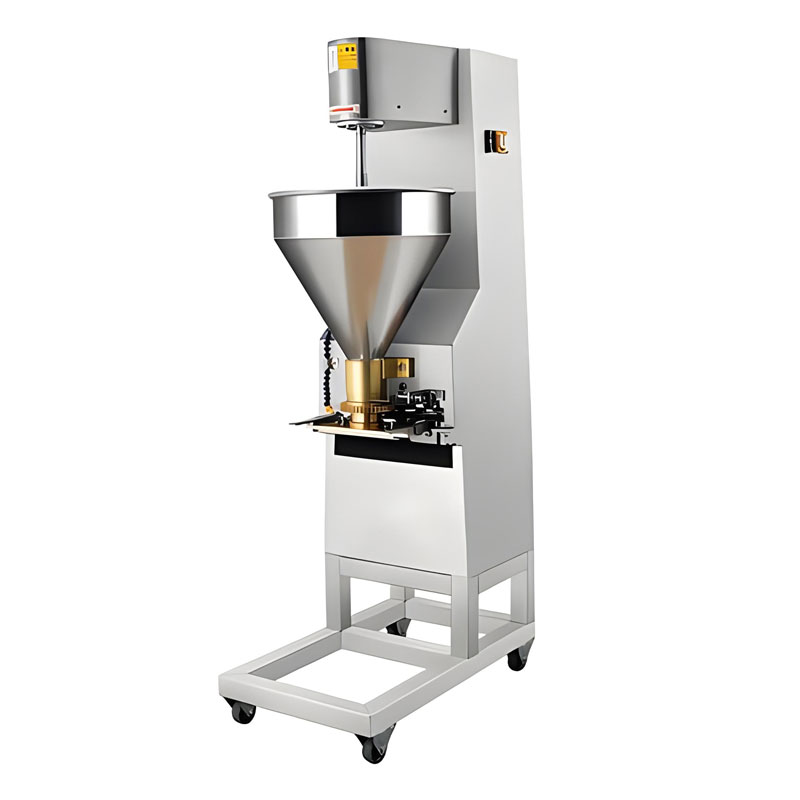
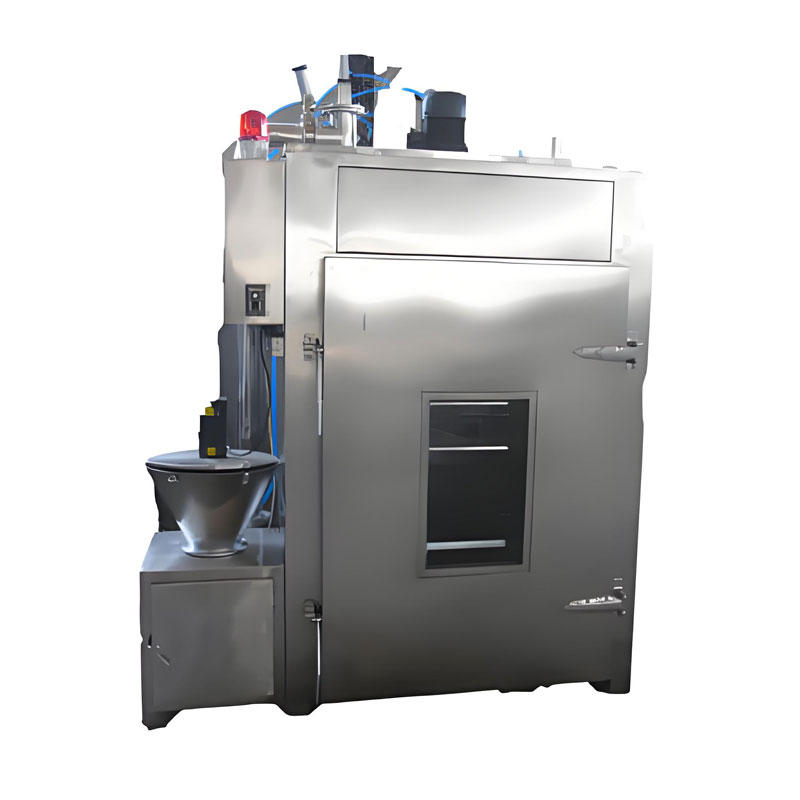
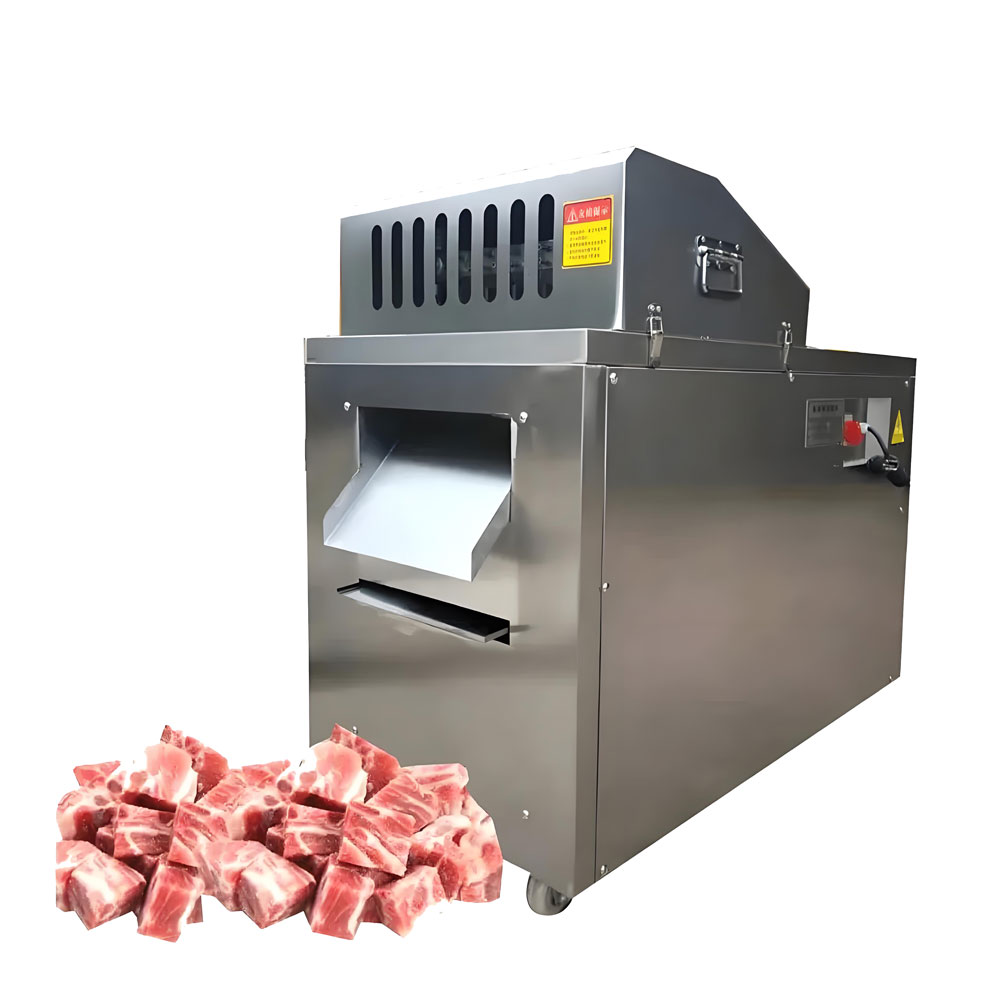
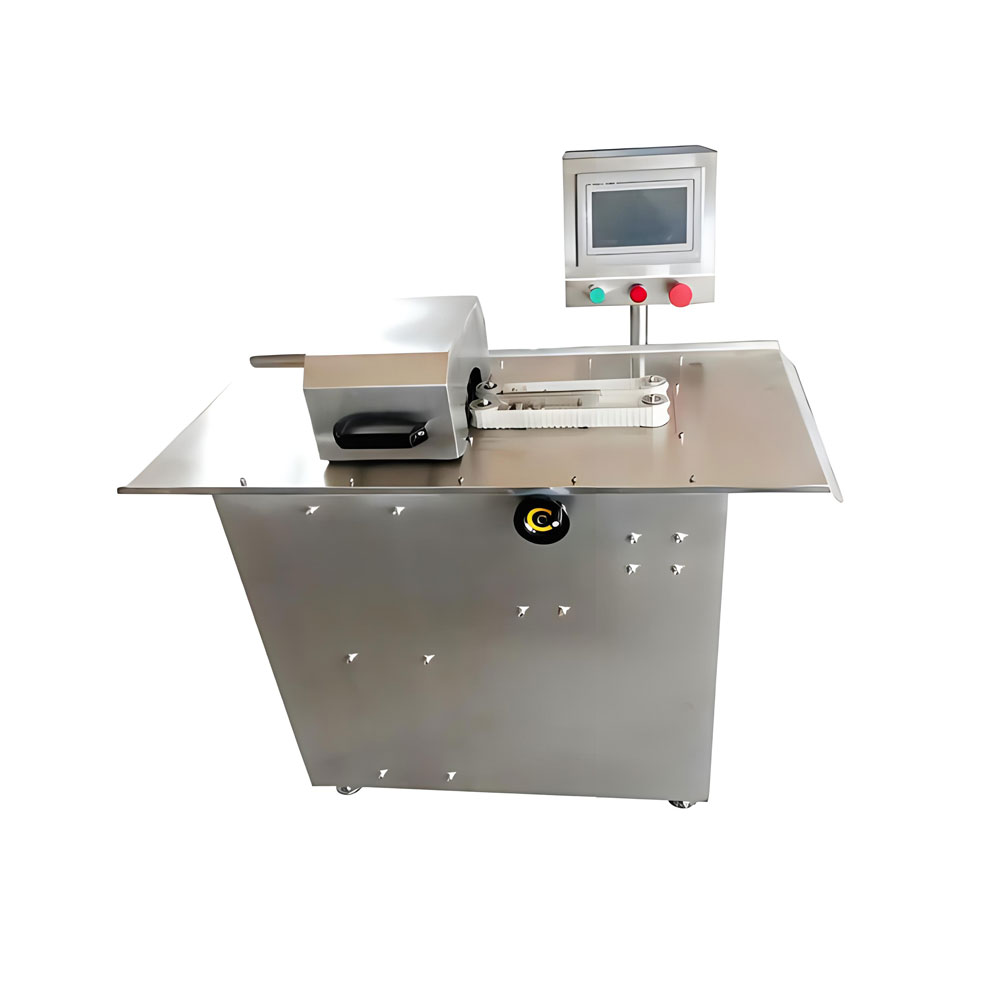
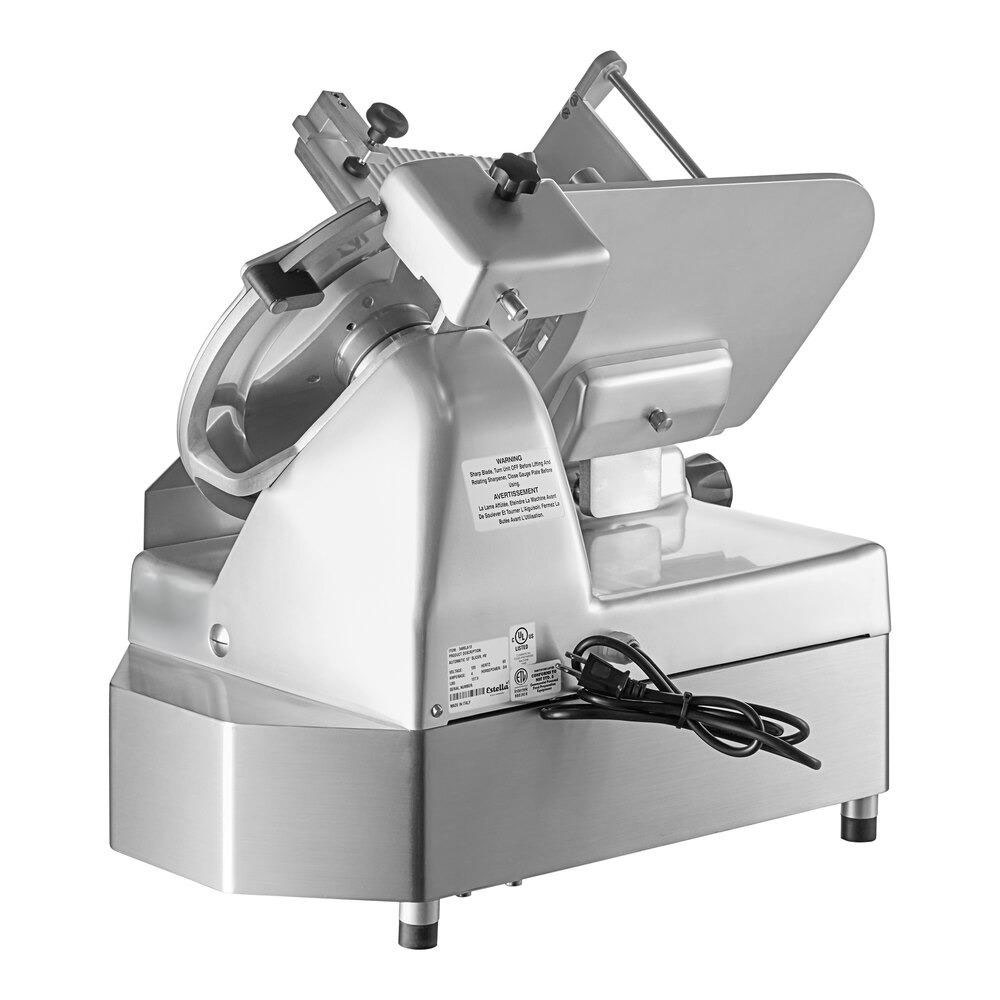
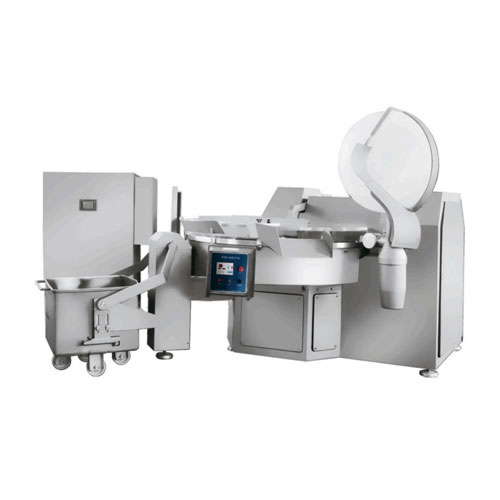
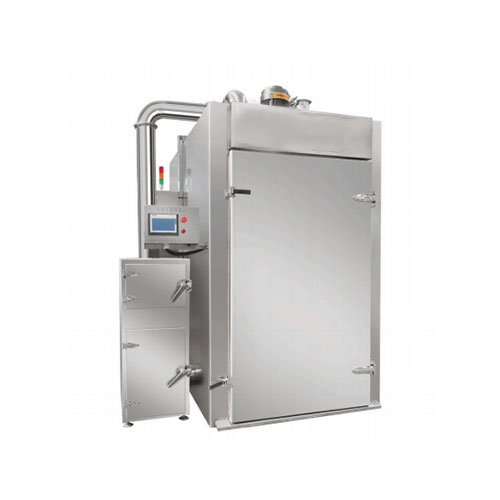
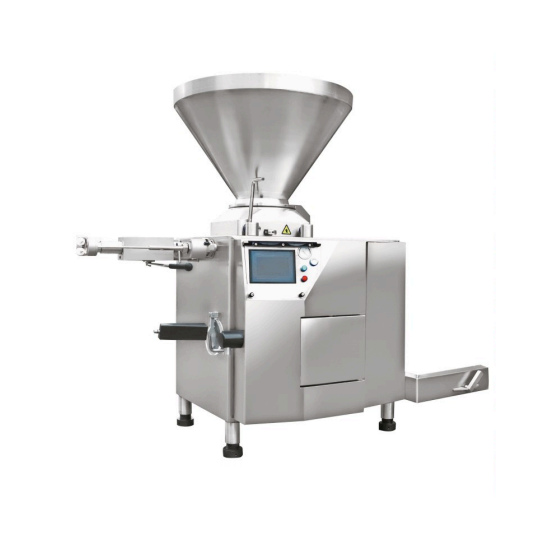
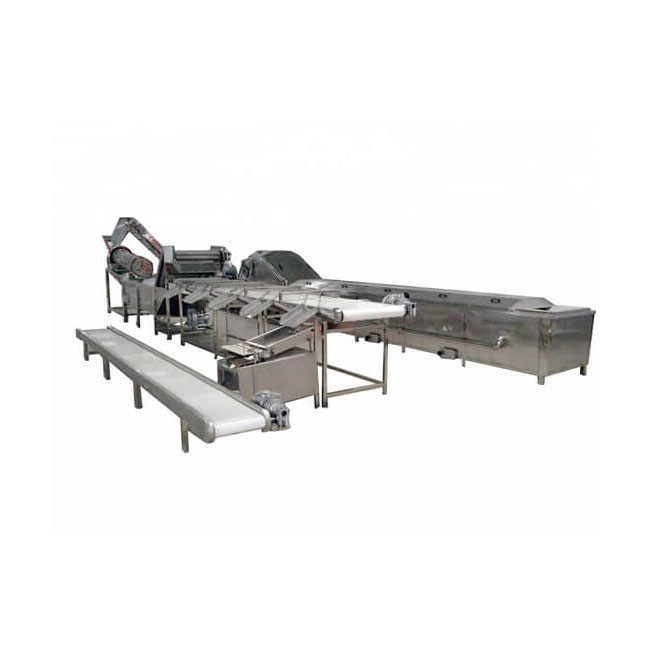
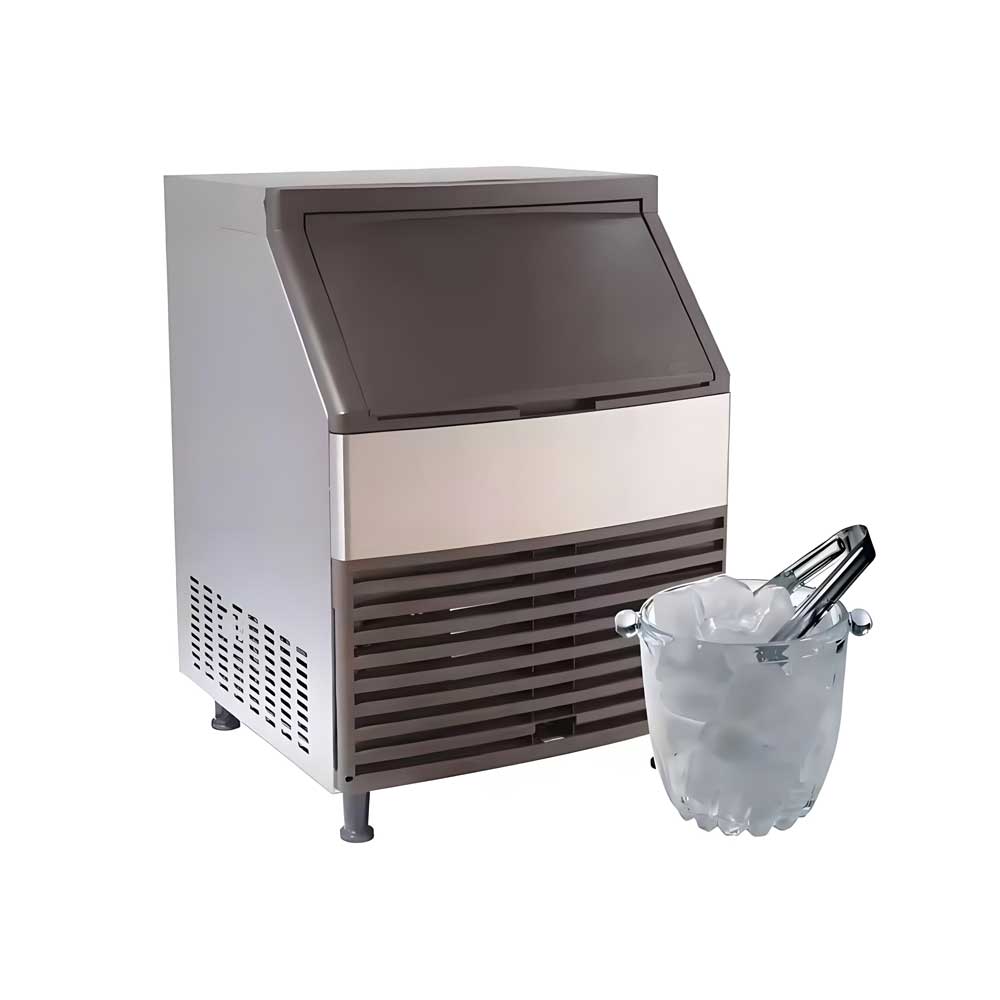
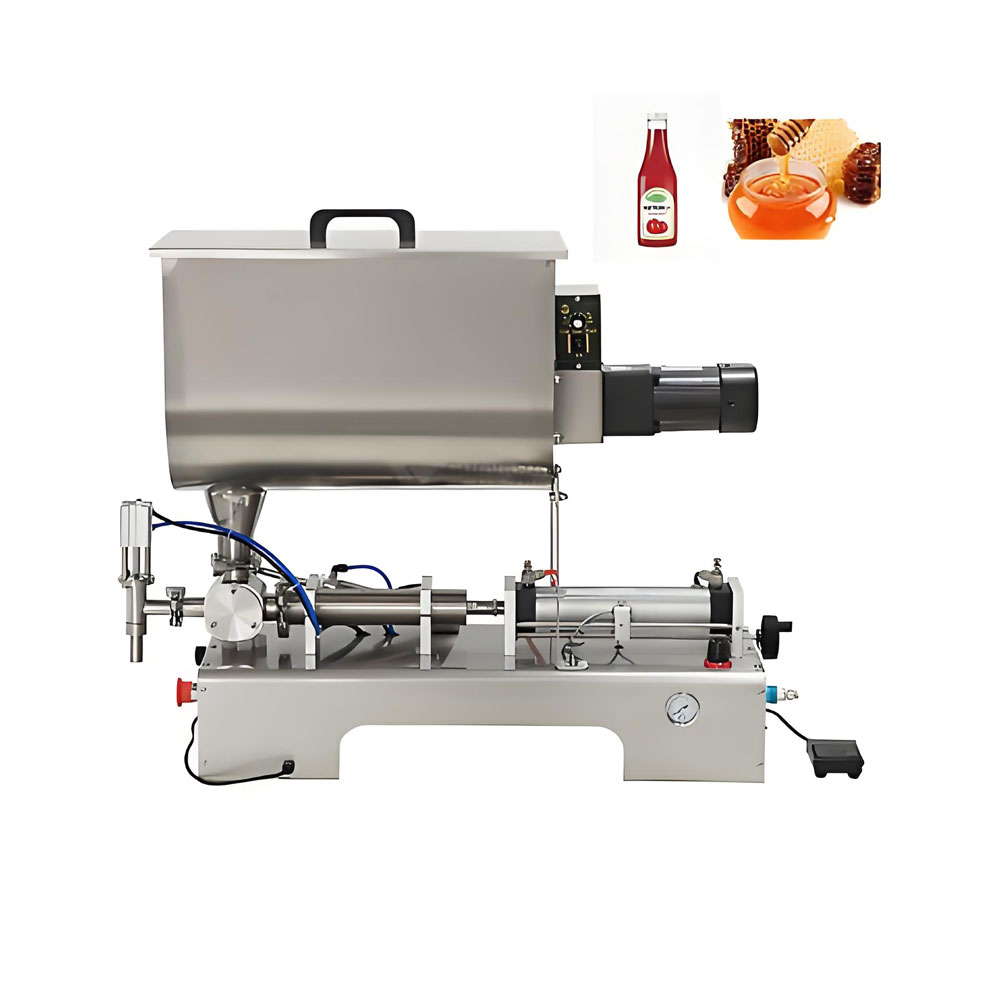 Sauce Filling Machine
Sauce Filling Machine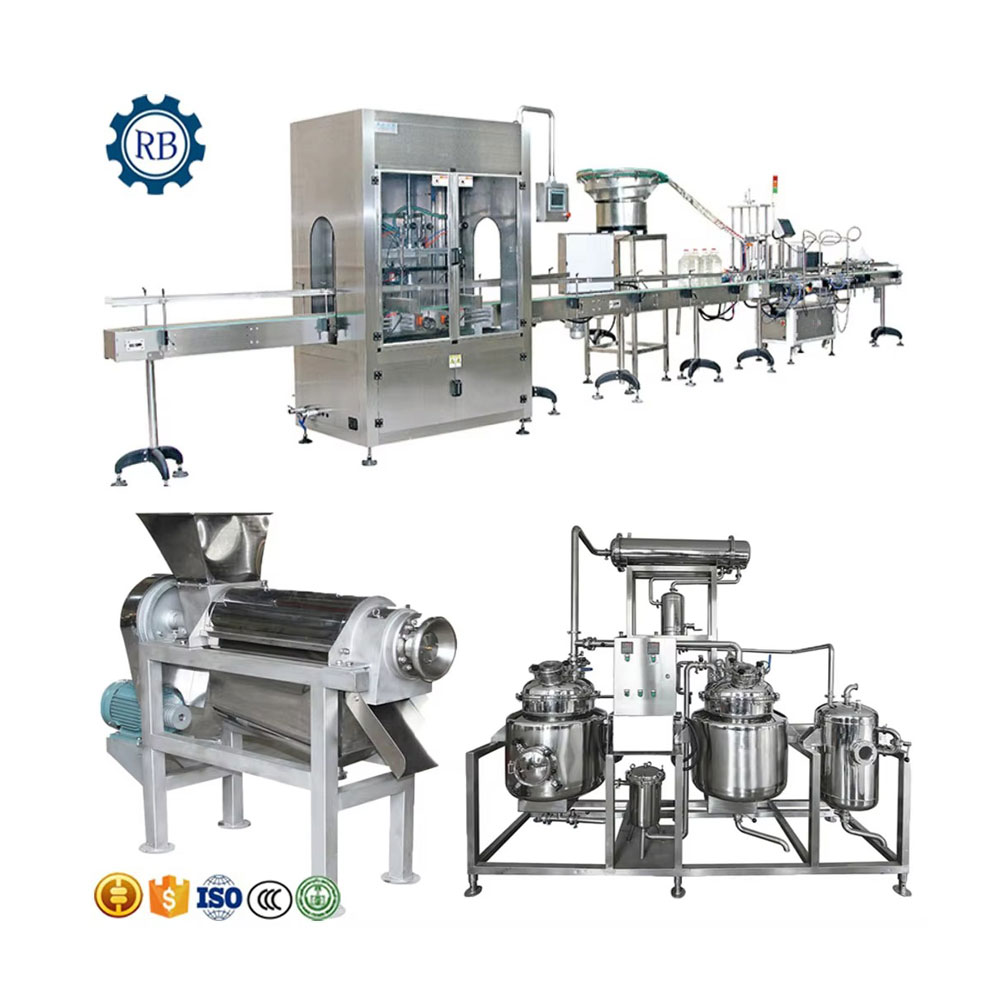 Tomato Sauce Machine
Tomato Sauce Machine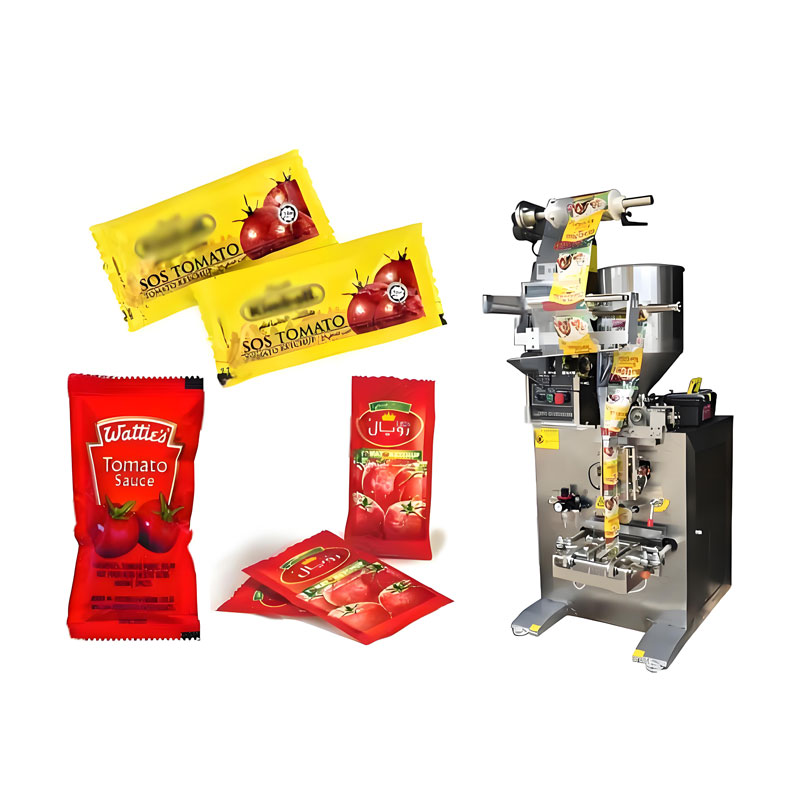 Tomato Sauce Packaging Machine
Tomato Sauce Packaging Machine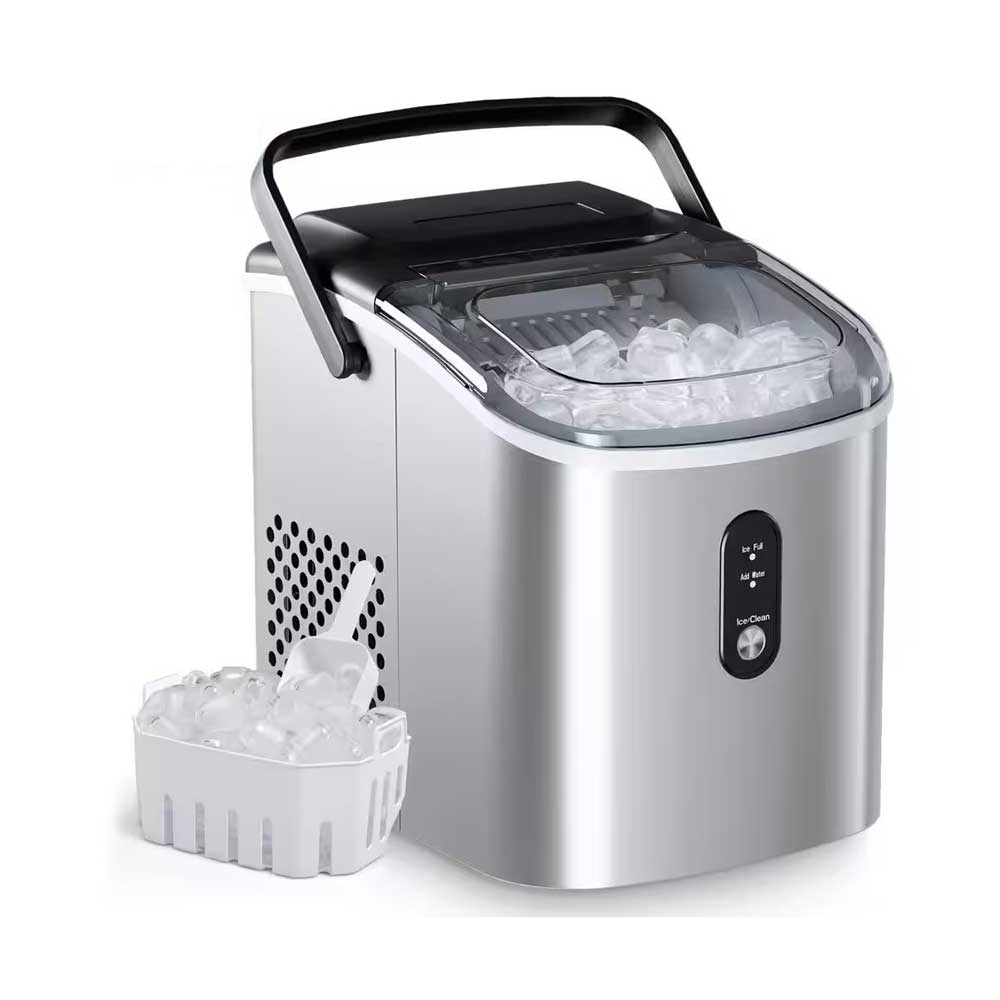 Portable Flake Ice Machine
Portable Flake Ice Machine
Ready to Get Started?